The comfort of food
People tend to connect food with positive feelings, comfort and power.
Henriette Lamprecht – It is often the sweet stuff we reach for when life is bringing us down. From chocolate to ice cream to that extra bowl of cream filled pasta, it seems to for a moment fill a void or make the stress of daily life disappear.
Stress can cause weight gain in 40% of people, whereas 20% of people are not influenced by stress and will eat the same amount whether they are exposed to it or not, says dietician Annalien Turner.
Emotional or “stress” eating are likely the result of a number of factors, rather than a single cause.
“It seems as if the release of the hormone cortisol is one of the body’s stress responses, as well as increased breathing and heart rate where blood flows to the muscle for the fight or flight response,” she explains.
An increased appetite is part of this stress response to fuel the body for the fight or flight response. These cravings are likely “junk foods” that are high in simple carbohydrates for fast release of glucose or energy, such as sweets, cookies, ice cream and chocolates.
“Emotional eating can also be the result where people tend to connect food with positive feelings, comfort and power. Typically, emotional eaters may experience a lack of control while eating and afterwards feel guilty because of the foods they have eaten. Emotions of sadness, guilt, frustration, anger, and filling an emotional void or boredom can be experienced and lead to emotional eating.”
According to Annalien it is important to note that not only the quantity, but also the quality of our food matters.
All types of food are good, but moderation is key.
“When we eat too much of any type of food (whether it is carbohydrates, protein or fat), we can create an unbalanced environment. Almost all foods contain energy or kilojoules, meaning that if we eat more energy than we need, the total excess energy or kilojoules will be stored as fat and we will start gaining weight.”
When we are constantly stressed, excess cortisol (a stress hormone) is secreted. Cortisol promotes weight gain, but also tends to cause fat deposition in the abdominal area rather than the hips. This fat is the so-called “bad or toxic fat” says Annalien, because abdominal fat increases the risk for chronic diseases, such as cardiovascular disease, type 2 diabetes, non-alcoholic fatty liver disease and some cancers.
She explains the “wrong” foods are usually food that we call “empty energy” foods, because it is typically high in fat, sugar and salt, but low in nutritional value nutrients, such as dietary fibre, protein, vitamins and minerals. Examples are sweets, desserts, fried fast food, such as pizzas, hamburgers, French fries, and sugary carbonated beverages.
“When we are emotional eaters, we tend to crave ‘comfort foods’ because of ‘emotional hunger’”.
Emotional hunger is not the same as physical hunger, Annalien warns.
Physical hunger is a physical need that will appear gradually because of an empty stomach and will be satisfied by any food. Emotional eating is usually preceded by unpleasant emotions, such as anger, sadness, guilt and frustration. Emotional hunger is a sudden, intense need for eating and cravings for junk foods are experienced.
“Emotional eaters usually experience a lack of control while eating and almost always feel guilty after eating.”
To gain control over emotional eating Annalien suggests the help of a registered dietician, exercising, meditation and other relaxation techniques, avoiding alcohol or consuming moderate amounts of alcohol as well as making lifestyle changes such as taking breaks at home or at work.
Learning to say “no” sometimes and avoiding a too busy schedule as well as learning to recognise and respond to your stress triggers also go a long way in taking back your power.
Annalien also suggest medication, individual and/or group counselling therapy as well as undergoing cognitive behavioural therapy with a health professional.
“It is important to know most people will experience some kind of emotional eating in their lifetime and it is not the end of the world when it happens.”
Start with small steps and remember to keep it simple.
Not every meal has to be an event, rather consider eating smaller, healthier meals. Switch your meals around – if you are working from home, consider making lunch your main meal and have a light meal at night.
Get creative with leftovers – eating left over food may save time, money and kilojoules. Bored with the same meals? Use your creative energy to make new, interesting and healthy meals.
Shift the focus, Annalien suggests. If one needs to lose a bit of weight, consider adding lot of different vegetables and or salads to your diet.
“Practice mindful eating, by preparing your own meals, eat slowly, chew your food properly and eating only when you are hungry and not bored.”
Tackle your alcohol intake. Alcohol contains many empty kilojoules and by reducing the amount and frequency of consuming alcohol, one can lose weight.
By exercising regularly, excess fat stores are burned and tension and stress can be relieved.
Optimal nutrition and health can be achieved by an adequate diet that includes a variety of foods in the correct amount (moderation), says Annalien.
“Food-Based Dietary Guidelines can assist with healthy eating habits and lifestyles, namely: Enjoy a variety of foods. Be active. Make starchy foods part of most meals. Eat plenty of vegetables and fruit every day. Eat dry beans, split peas, lentils and soya regularly. Have milk, cottage cheese, yoghurt and other milk products every day. Fish, chicken, lean meat or eggs can be eaten daily. Drink lots of clean, safe water. Use fats sparingly. Choose vegetable oils, rather than hard fats. Use sugar and foods and drinks high in sugar sparingly. Use salt and food high in salt sparingly. - [email protected]; www.smarthealthnamibia.com
Stress can cause weight gain in 40% of people, whereas 20% of people are not influenced by stress and will eat the same amount whether they are exposed to it or not, says dietician Annalien Turner.
Emotional or “stress” eating are likely the result of a number of factors, rather than a single cause.
“It seems as if the release of the hormone cortisol is one of the body’s stress responses, as well as increased breathing and heart rate where blood flows to the muscle for the fight or flight response,” she explains.
An increased appetite is part of this stress response to fuel the body for the fight or flight response. These cravings are likely “junk foods” that are high in simple carbohydrates for fast release of glucose or energy, such as sweets, cookies, ice cream and chocolates.
“Emotional eating can also be the result where people tend to connect food with positive feelings, comfort and power. Typically, emotional eaters may experience a lack of control while eating and afterwards feel guilty because of the foods they have eaten. Emotions of sadness, guilt, frustration, anger, and filling an emotional void or boredom can be experienced and lead to emotional eating.”
According to Annalien it is important to note that not only the quantity, but also the quality of our food matters.
All types of food are good, but moderation is key.
“When we eat too much of any type of food (whether it is carbohydrates, protein or fat), we can create an unbalanced environment. Almost all foods contain energy or kilojoules, meaning that if we eat more energy than we need, the total excess energy or kilojoules will be stored as fat and we will start gaining weight.”
When we are constantly stressed, excess cortisol (a stress hormone) is secreted. Cortisol promotes weight gain, but also tends to cause fat deposition in the abdominal area rather than the hips. This fat is the so-called “bad or toxic fat” says Annalien, because abdominal fat increases the risk for chronic diseases, such as cardiovascular disease, type 2 diabetes, non-alcoholic fatty liver disease and some cancers.
She explains the “wrong” foods are usually food that we call “empty energy” foods, because it is typically high in fat, sugar and salt, but low in nutritional value nutrients, such as dietary fibre, protein, vitamins and minerals. Examples are sweets, desserts, fried fast food, such as pizzas, hamburgers, French fries, and sugary carbonated beverages.
“When we are emotional eaters, we tend to crave ‘comfort foods’ because of ‘emotional hunger’”.
Emotional hunger is not the same as physical hunger, Annalien warns.
Physical hunger is a physical need that will appear gradually because of an empty stomach and will be satisfied by any food. Emotional eating is usually preceded by unpleasant emotions, such as anger, sadness, guilt and frustration. Emotional hunger is a sudden, intense need for eating and cravings for junk foods are experienced.
“Emotional eaters usually experience a lack of control while eating and almost always feel guilty after eating.”
To gain control over emotional eating Annalien suggests the help of a registered dietician, exercising, meditation and other relaxation techniques, avoiding alcohol or consuming moderate amounts of alcohol as well as making lifestyle changes such as taking breaks at home or at work.
Learning to say “no” sometimes and avoiding a too busy schedule as well as learning to recognise and respond to your stress triggers also go a long way in taking back your power.
Annalien also suggest medication, individual and/or group counselling therapy as well as undergoing cognitive behavioural therapy with a health professional.
“It is important to know most people will experience some kind of emotional eating in their lifetime and it is not the end of the world when it happens.”
Start with small steps and remember to keep it simple.
Not every meal has to be an event, rather consider eating smaller, healthier meals. Switch your meals around – if you are working from home, consider making lunch your main meal and have a light meal at night.
Get creative with leftovers – eating left over food may save time, money and kilojoules. Bored with the same meals? Use your creative energy to make new, interesting and healthy meals.
Shift the focus, Annalien suggests. If one needs to lose a bit of weight, consider adding lot of different vegetables and or salads to your diet.
“Practice mindful eating, by preparing your own meals, eat slowly, chew your food properly and eating only when you are hungry and not bored.”
Tackle your alcohol intake. Alcohol contains many empty kilojoules and by reducing the amount and frequency of consuming alcohol, one can lose weight.
By exercising regularly, excess fat stores are burned and tension and stress can be relieved.
Optimal nutrition and health can be achieved by an adequate diet that includes a variety of foods in the correct amount (moderation), says Annalien.
“Food-Based Dietary Guidelines can assist with healthy eating habits and lifestyles, namely: Enjoy a variety of foods. Be active. Make starchy foods part of most meals. Eat plenty of vegetables and fruit every day. Eat dry beans, split peas, lentils and soya regularly. Have milk, cottage cheese, yoghurt and other milk products every day. Fish, chicken, lean meat or eggs can be eaten daily. Drink lots of clean, safe water. Use fats sparingly. Choose vegetable oils, rather than hard fats. Use sugar and foods and drinks high in sugar sparingly. Use salt and food high in salt sparingly. - [email protected]; www.smarthealthnamibia.com



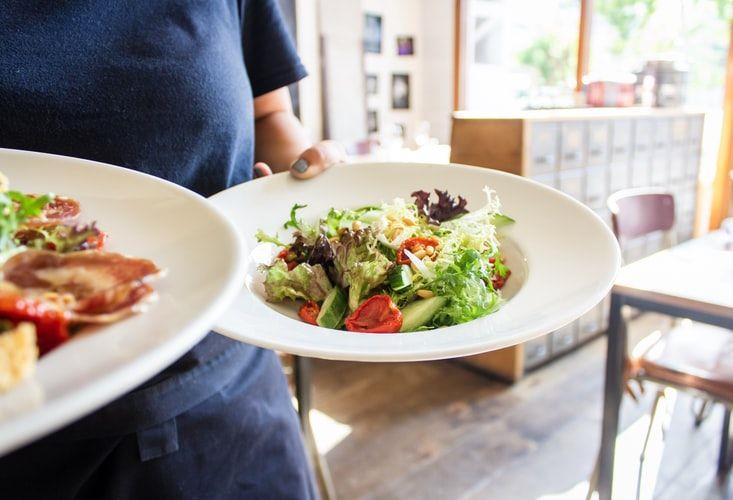
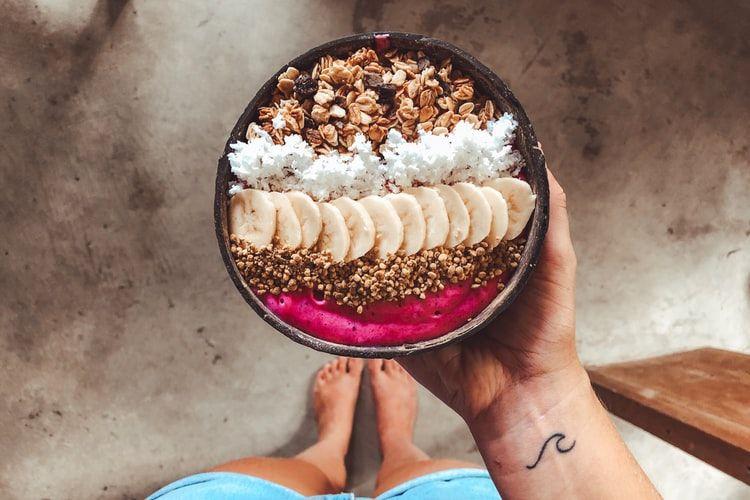
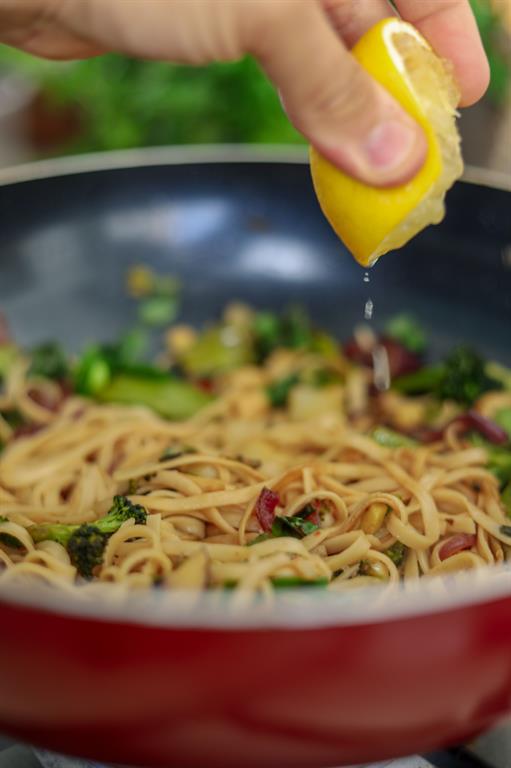
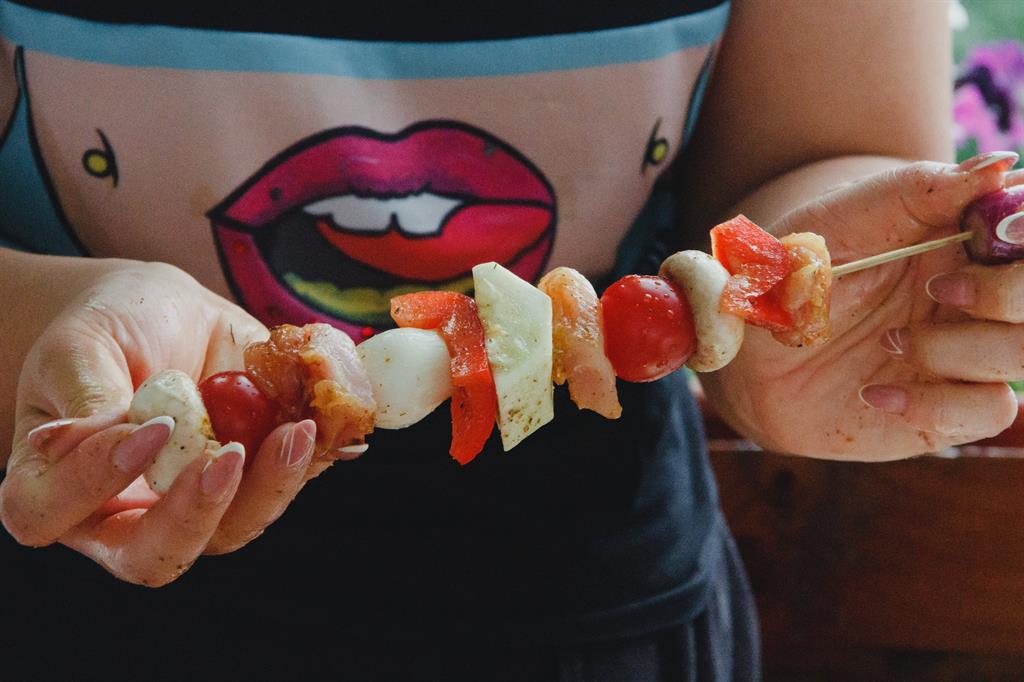
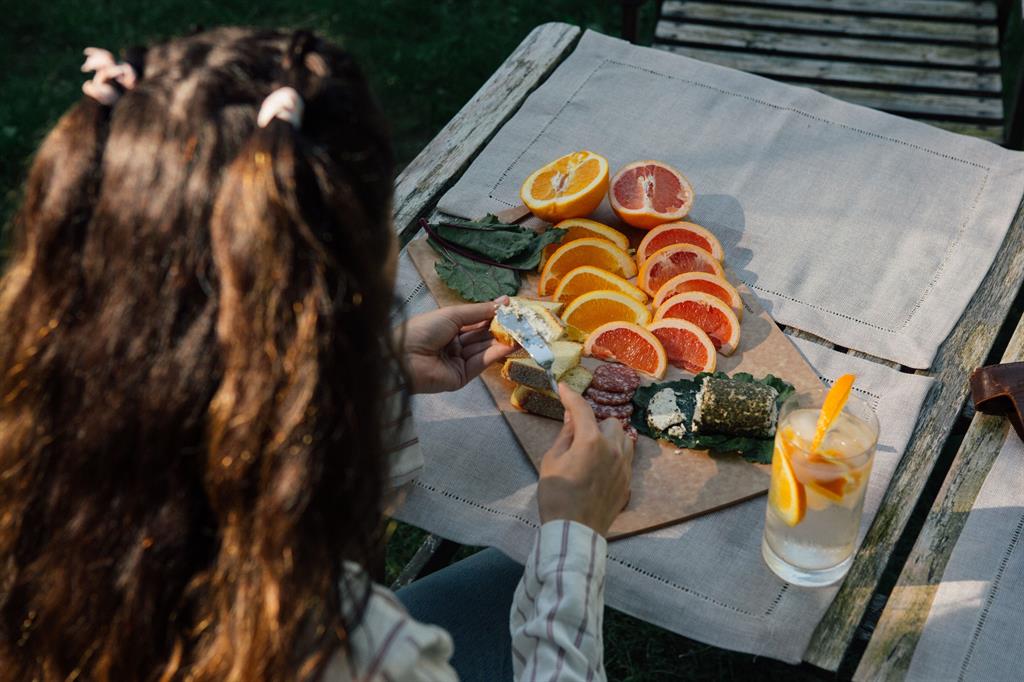

Kommentar
Allgemeine Zeitung
Zu diesem Artikel wurden keine Kommentare hinterlassen